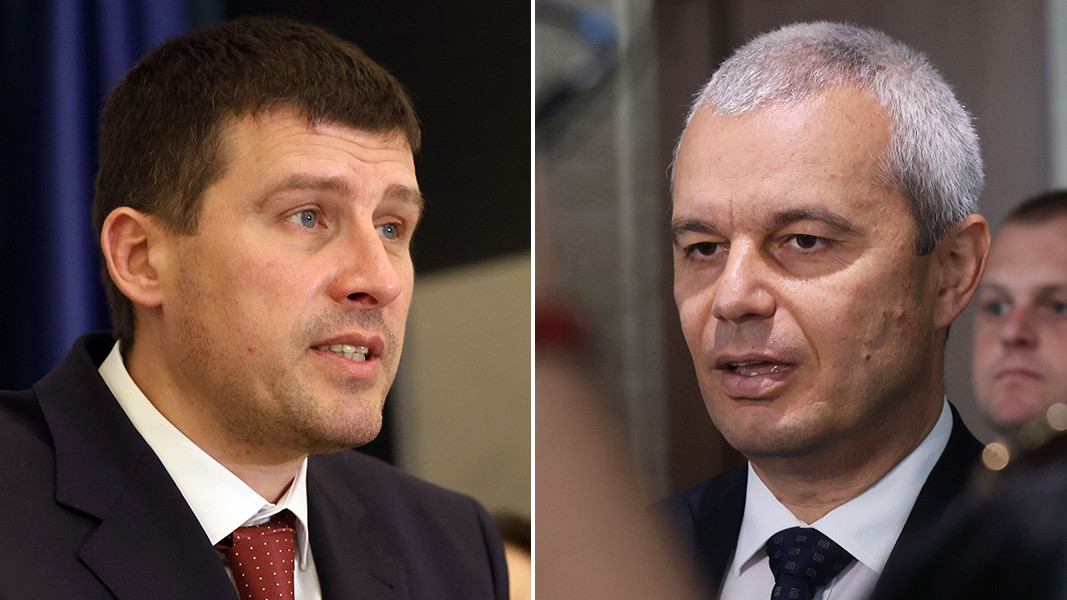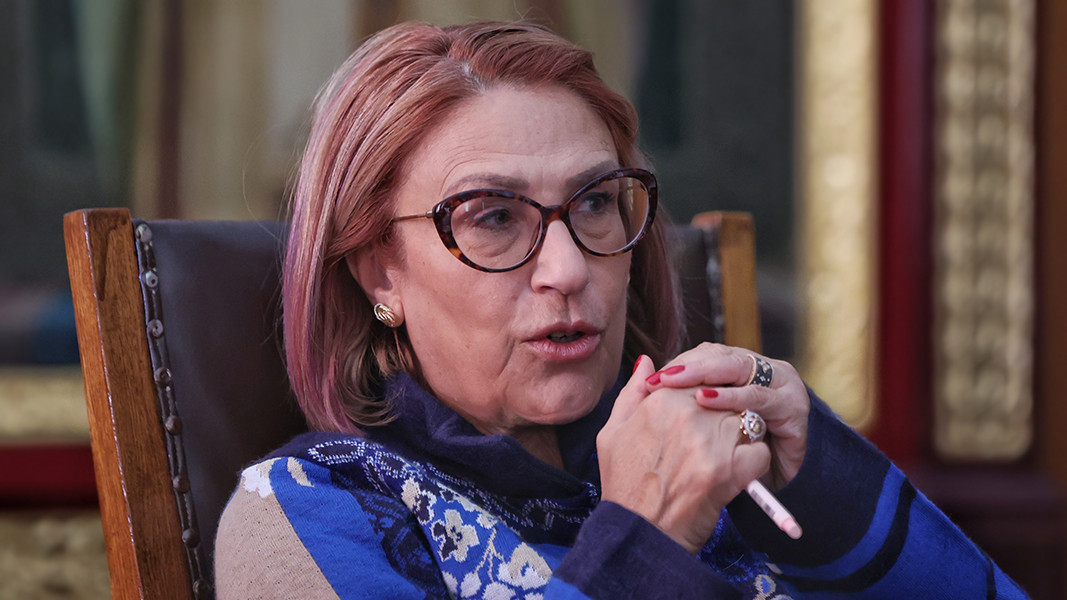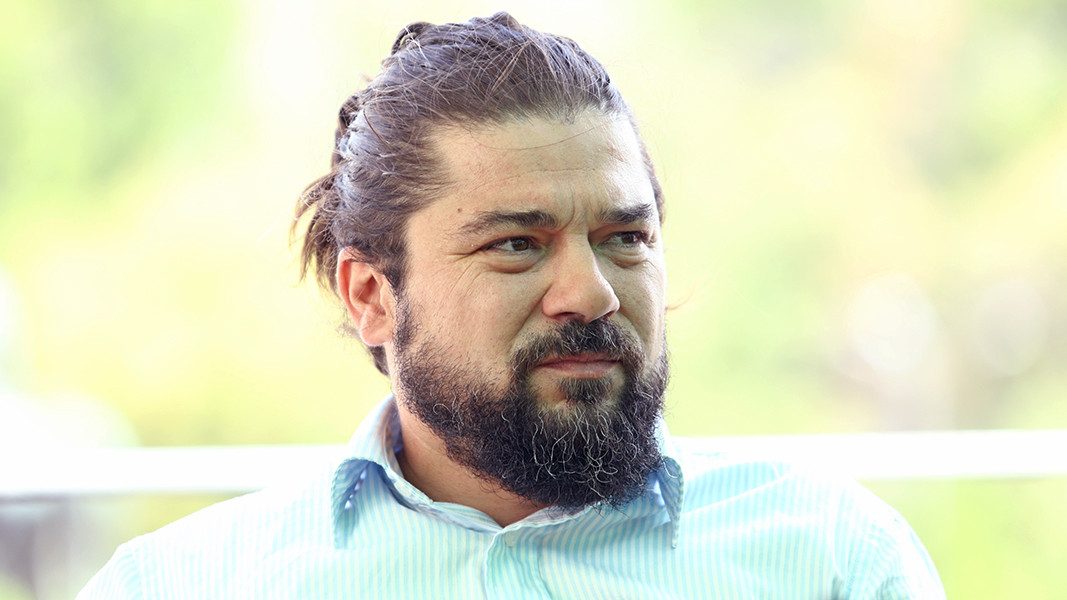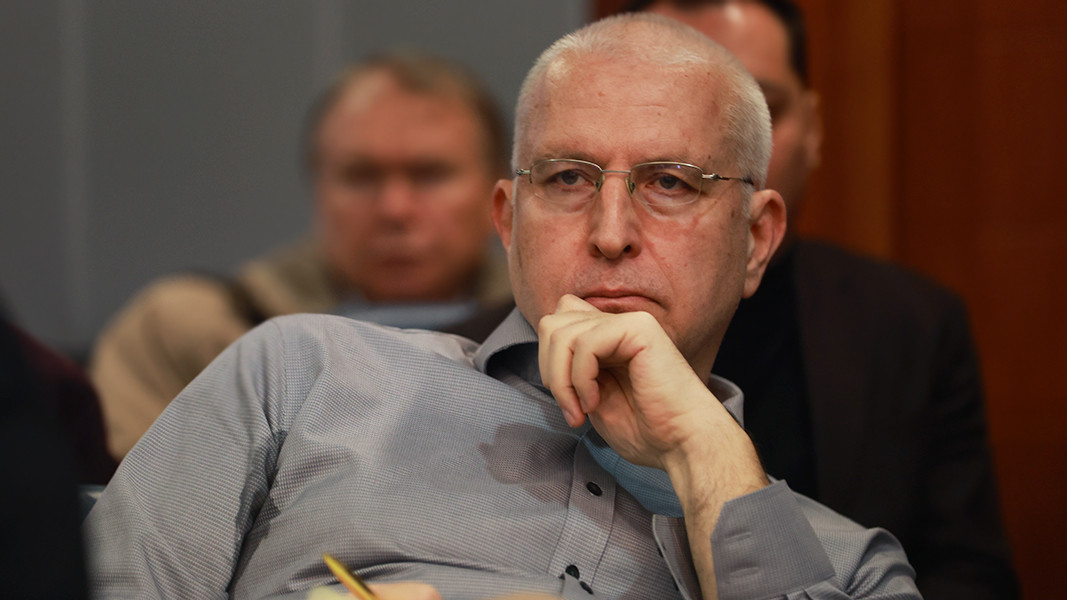The opposition is about to propose a third vote of no confidence. The previous two were unsuccessful, as we recall. The first was initiated by the Vazrazhdane party on the grounds of 'foreign policy failure', while the second was proposed by the MECH party, primarily citing corruption as the reason. However, the problem ahead of the third vote is that the opposition is becoming increasingly divided, with no agreement on who should attempt to bring down the cabinet this time and on what grounds.
The three parties that supported the previous two votes – Vazrazhdane, MECH and Velichie – have a gentlemen's agreement to take turns to table a motion of no confidence. Now it is Velichie's turn, and they want to do so citing illegal waste sites in the country. However, Vazrazhdane insists on tabling its own motion concerning the government's financial policy. At the same time, although it is a minority in parliament, the ruling coalition of GERB, BSP and ITN currently appears stable.

Could the division within the opposition lead to the "cementing" of the ruling majority?
According to political scientist Associate Professor Tatyana Burudzhieva, the very institution of the vote of no confidence is “an exceptional instrument in the hands of the opposition.”

'It was created precisely for this purpose – to give the opposition a chance to present itself as an alternative to the government.' Unfortunately, when the vote of no confidence is used for other purposes, it cannot yield an effective result for the opposition. That’s why there arises the sense that the meaning and role of the no-confidence vote are being entirely eroded, because it’s not being used to present an alternative on specific government policies,” Burudzhieva says in her assessment of the current political situation.
'When a tool like the vote of no confidence is overused, it simply can’t work,' adds political analyst Strahil Deliyski. "Whether this actually cements the cabinet, I can’t say. What we’re seeing is a government that functions solely to sustain its own existence. There are no grand ideas, no strategic reforms and no coherent public policies. We don’t even know the basic points of their governing program. So, when a cabinet's only agenda is to remain in power, any challenge to that goal can easily be deflected.'

Anton Kutev, former spokesperson for President Rumen Radev's caretaker governments, believes that the Zhelyazkov cabinet will have a very short lifespan – it will fall by the end of the year at the latest, he says. However, Kutev does not foresee this happening any time soon.
"There is no threat to the government's stability coming from Parliament," agrees Prof. Svetoslav Malinov, a political scientist and former MEP. According to him, the goal of the opposition is not to topple the government.

"Every vote of no confidence opens up discussions and highlights issues and individuals," Malinov points out. Sometimes, it can lead to internal shifts and reshuffles. However, given the divisions within the opposition, the value of a vote of no confidence is reduced, particularly if it is used too often.
Is it possible that the government will serve a full term?
In Prof. Malinov's opinion, the first year will be decisive. 'It is difficult for me to imagine a full term. A real estimate of how long this cabinet will last can only be made after Bulgaria joins the Eurozone. The cabinet's longevity depends not only on the strength of the opposition, but also on the majority parties.'
Anton Kutev predicts that the cabinet will end its term between July and December: 'I believe this government will fall between July and December in order to preserve the current ruling arrangement.' If they cross into the new year, they risk facing '2-in-1' elections — presidential and parliamentary — which would change the political landscape. In my view, they’ll throw in the towel before New Year’s so that the elections can take place now and a potential new government could be formed in February or March and carry things through to the end of the year.'

According to political analyst Strahil Deliyski, the cabinet’s survival is currently secured by the absence of a real political alternative.
While lawmakers are focused on another pressing issue — President Rumen Radev’s initiative for a referendum on adopting the euro — a third consecutive vote of no confidence is also about to be presented, despite the disputes between the parties.
Following the split within the Movement for Rights and Freedoms (DPS), Ahmed Dogan has announced the creation of a new political party - Alliance for Rights and Freedoms (APS). Democracy, Rights and Freedoms – DPS has been renamed to Alliance for..
With 128 votes in favour, 56 against and six abstentions, the National Assembly elected Maria Filipova, the chair of the Consumer Protection Commission, as deputy ombudsman of the Republic of Bulgaria. She received support from MPs belonging to..
Deputy Prime Minister Atanas Zafirov's attendance at a military parade in China provoked a strong reaction from We Continue the Change-Democratic Bulgaria (PP-DB) , who submitted a declaration to the National Assembly. Speaking from the parliamentary..

+359 2 9336 661
